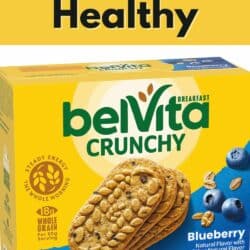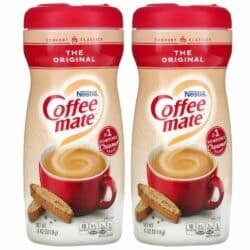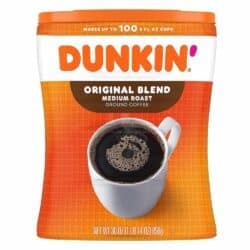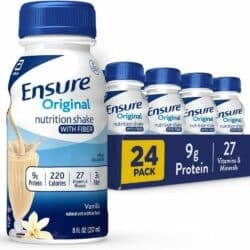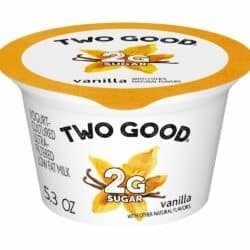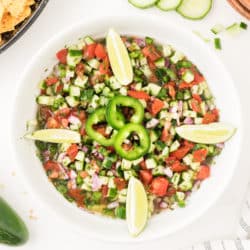Is BelVita Healthy (Nutrition Pros and Cons)?
In this blog post, I’ll review the question of whether BelVita is healthy or not? Find out this product’s nutrition pros and cons, plus some better options to consider.
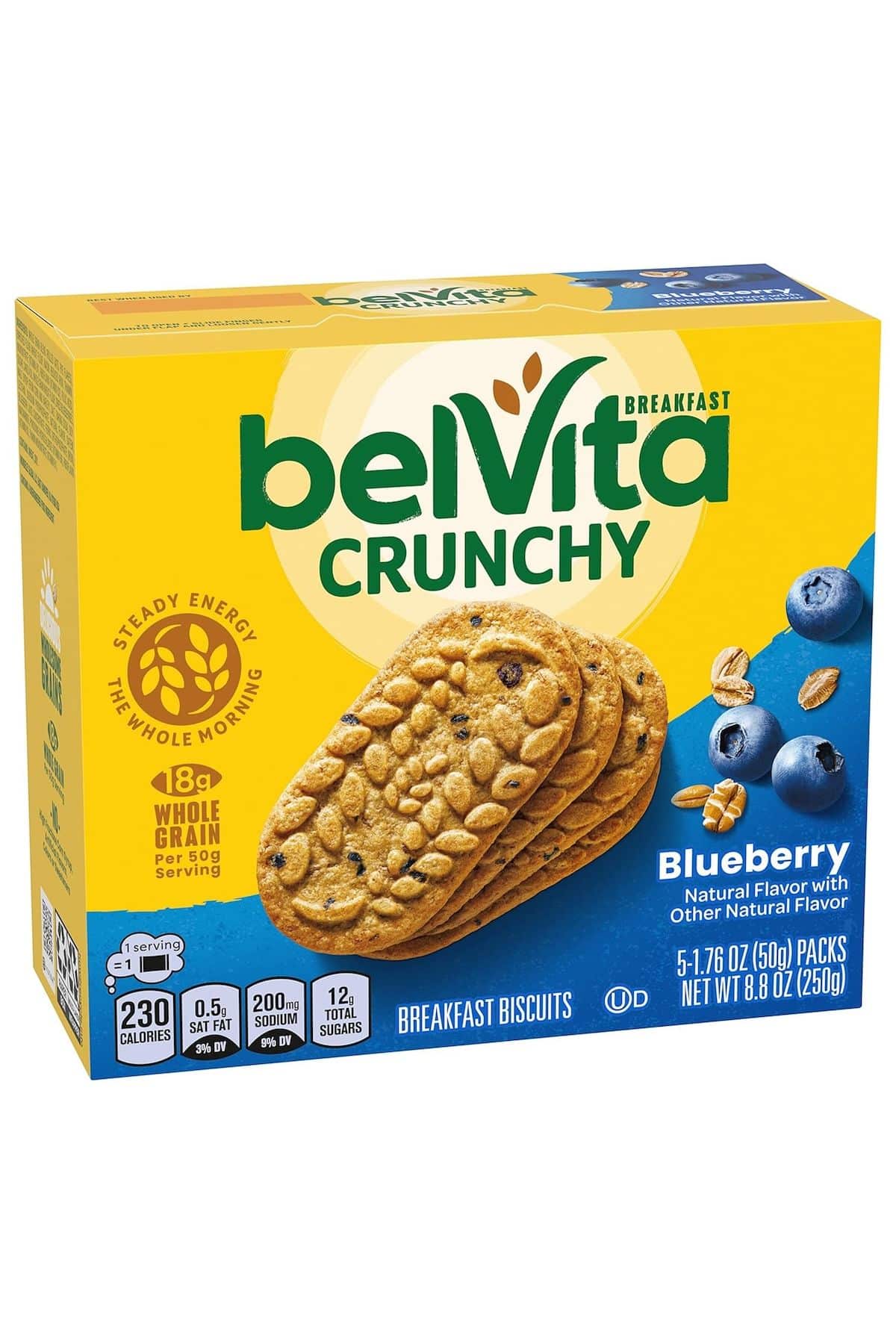
BelVita Facts
BelVita is a brand of breakfast biscuits or cookies that are made by Mondelez International, a multinational food and beverage company that owns a wide range of popular brands, including Oreo, Chips Ahoy!, Ritz, and Trident, among others.
Mondelez International markets BelVita biscuits as a convenient and nutritious breakfast option for people on the go or those who may not have time for a traditional sit-down breakfast. We’ll take a deeper look at these health claims in this article.
The company claims that this product provides sustained energy throughout the morning while also providing some nutritional benefits.
BelVita breakfast biscuits are packaged in individual servings for easy portability and come in various flavors, including:
- Golden oat
- Blueberry
- Chocolate
- Cinnamon brown sugar
- Cranberry orange
- Banana bread
- Pumpkin spice
The biscuits come in two variations: crunchy and soft bake. BelVita biscuits contain whole grains like rolled oats and rye, wheat flour, canola oil, malt syrup, soy lecithin, sugar, natural flavor, B vitamins, and other additives.
Depending on the flavor, BelVita biscuits may also contain other ingredients like cornstarch, spices, fruits, and nuts.
BelVita Ingredients
Here are some of the significant ingredients in BelVita biscuits and what they mean for you nutritionally. Let’s take a closer look at the nutrition information.
Sugar
BelVita biscuits contain between 9g and 13g of sugar per serving. Most of this is added sugar and not derived from the fruit some of the biscuit flavors contain.
Added sugar has no nutritional value and can cause health problems like obesity, non-alcoholic fatty liver disease, blood sugar spikes, brain fog, food cravings, depression, fatigue, tooth decay, and obesity. Too much of it can lead to diabetes and other serious health problems.

Canola Oil
Canola oil is an industrial seed oil used by the food industry. Also known as vegetable oils, these oils are mostly made with genetically modified ingredients and are highly processed and unhealthy.
Seed oils used in packaged and processed foods like BelVita biscuits are usually hydrogenated to increase shelf life. Hydrogenation makes the oil high in trans fats, raising LDL cholesterol levels. LDL cholesterol is the bad kind of cholesterol.
Research has shown that seed oils like canola oil can cause oxidative stress, heart disease, and atherosclerosis. It can also cause chronic inflammation, which is linked to autoimmune disease, heart disease, and obesity.
See my full list of cooking oils to avoid.
Malt Syrup
Malt syrup is a natural sweetener manufactured from fermented, sprouted grains like rice and barley.
Also called maltose, maltose syrup, or malt sugar, this product has a more solid consistency than syrup and a rich, nutty, caramel-like flavor. It is not as sweet as sugar or honey, bringing a chewy, mild sweetness to confectionary products.
Like other types of sugar, maltose can be a valuable energy source for your body. But, as with other types of sugar, malt syrup can negatively affect your health, especially if you consume large amounts of it regularly.
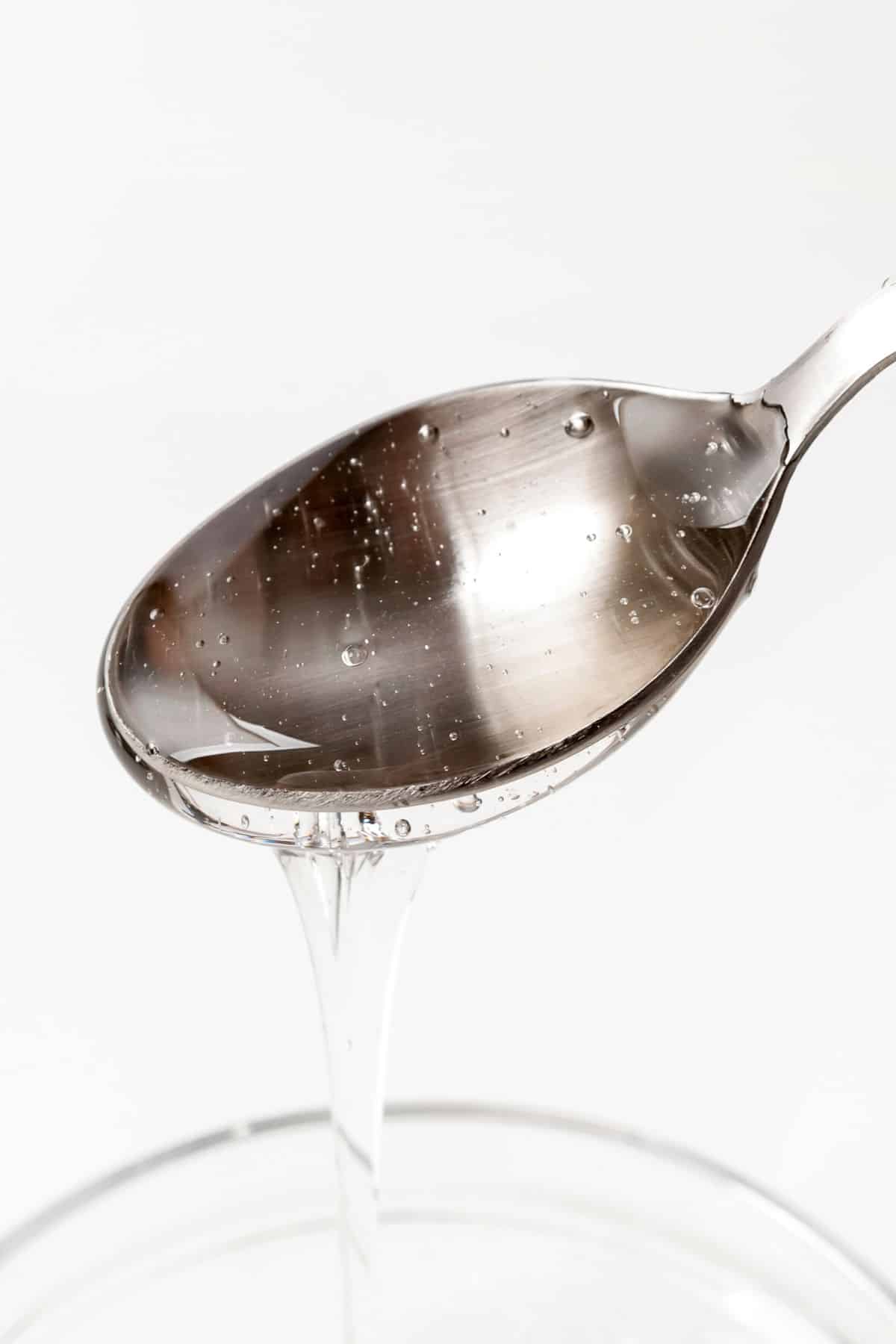
Soy Lecithin
There is a misconception that soy lecithin is a healthy ingredient.
Soy and soy lecithin are two completely different things. Soy is a high-protein plant and can have many health benefits. If it is genetically modified, as most of the soy that is produced in the U.S., it can negatively affect thyroid function in people who lack iodine.
Soy lecithin is a highly processed soy oil product, not a healthy ingredient. It contains virtually zero protein and is so processed that it barely resembles soy.
Even people with a soy allergy may not be affected by soy lecithin. Processing soy into soy lecithin involves extracting it using potentially dangerous solvents like hexane, which can contaminate the end product.
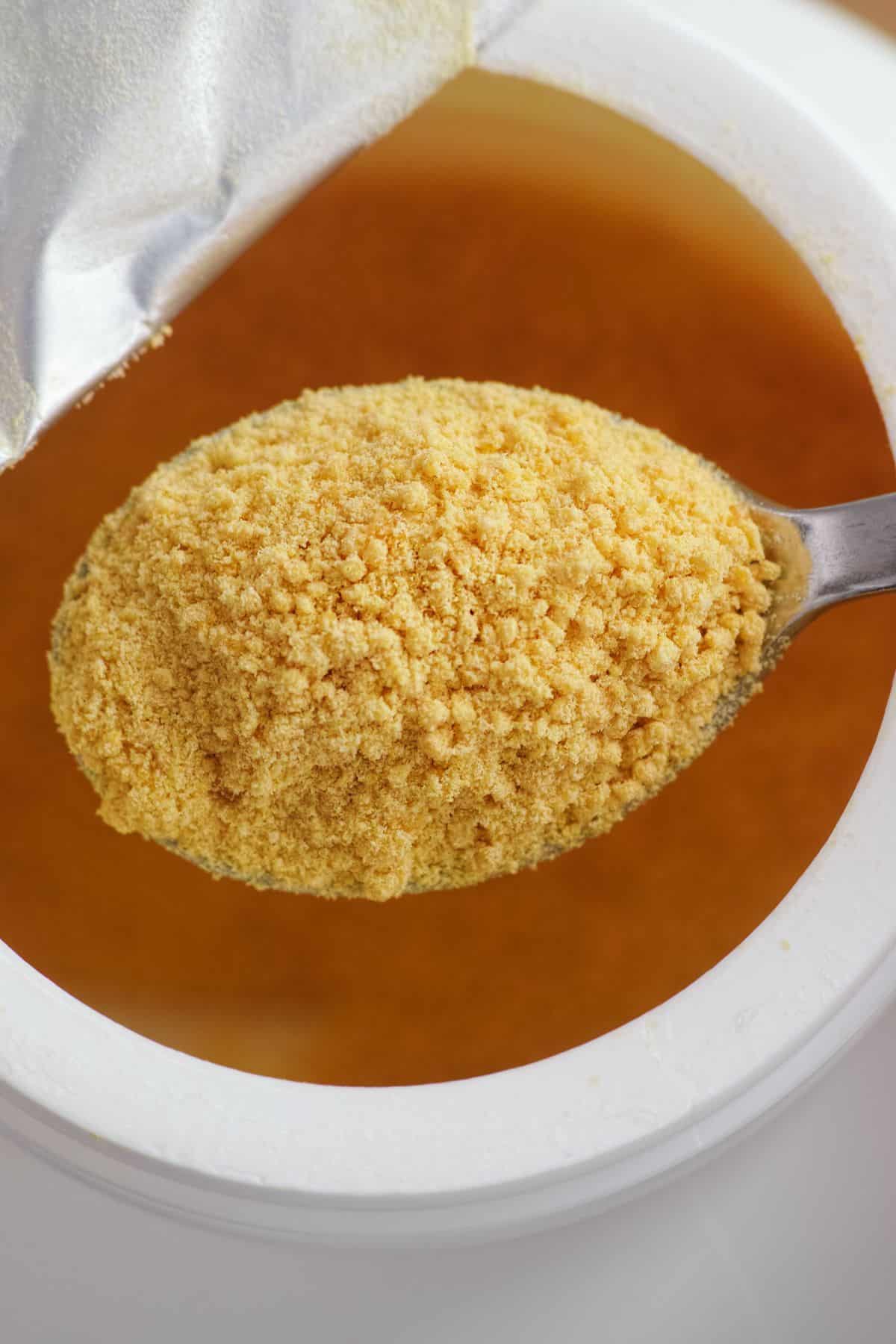
B Vitamins
BelVita biscuits contain vitamin B1 (Thiamin Mononitrate), vitamin B2 (Riboflavin), vitamin B3 (Niacinamide,) and vitamin B6 (Pyridoxine Hydrochloride.)
Some people are sensitive to B vitamins. Studies have linked vitamin B3 to cause gastric distress and other unpleasant side effects.
Nutrition Pros
BelVita biscuits don’t contain high-fructose corn syrup or synthetic sweeteners; they don’t contain preservatives and are not artificially colored or flavored.
These biscuits may be convenient for people who want to have something for breakfast but are on the go and don’t have time to sit down for breakfast. The bars also have a few grams of fiber per serving.
Nutrition Cons
BelVita biscuits contain several highly processed, unhealthy ingredients and additives, so they can’t be considered a healthy breakfast choice.
Since the biscuits contain whole wheat flour as part of the ingredient list, they are unsuitable for people with a wheat or gluten allergy or sensitivity.
Some BelVita biscuit flavors contain peanuts or nuts, making them unsuitable for people with a peanut or nut allergy. The added sugar content makes BelVita biscuits unsuitable for health-conscious people who prefer to avoid added sugar.
The main ingredients of BelVita are not good breakfast options. Healthier breakfast options would be real foods including oatmeal, eggs, homemade sausage, smoothies, fresh fruit, or leftovers from dinner.
Belvita bars are processed foods and are not a good choice for most people, especially as the base of the most important meal of the day. The added grams of sugar can negatively affect blood sugar levels, energy levels, and weight loss efforts.
BelVita Nutrition FAQs
A complete breakfast should contain nutritional real food choices, including complex carbohydrates, lean protein, and fruit or veggies for added vitamins. A portion of BelVita biscuits may be a sufficient breakfast for some people, but others may need more calories. It is also not a good nutritional choice.
BelVita biscuits are highly processed snacks made in a factory. They contain ingredients that may not be suitable for people with dietary restrictions, like wheat flour and soy. Some flavors may also contain peanuts or tree nuts.
Although these bars don’t contain high fructose corn syrup or artificial flavors and colors, they have a high sugar content and very little nutritional value. If you are on the go or don’t have time to sit down for breakfast, instead of relying on BelVita biscuits, plan ahead and make a healthy pre-made breakfast with real, unprocessed food ingredients.
There are no gluten-free options in the BelVita biscuits range. Whether this product is vegan is debatable because it contains sugar. Some vegans prefer not to consume sugar because some types of refined sugar are processed using bone char, which is cow bones. There are no sugar-free BelVita options.
If you choose to give your children occasional unhealthy snacks or sugary foods, BelVita biscuits may be okay in moderation. However, it’s essential to know that this is not a healthy snack option because it contains unhealthy ingredients and high quantities of sugar.
More Packaged Product Reviews
Conclusions
BelVita biscuits have a mix of healthy and unhealthy ingredients and are very convenient for people on the go. They don’t contain high fructose corn syrup or have some healthy whole grains but contain sugar, additives, canola oil, and allergens like wheat and soy.
For people who follow a clean diet, these biscuits are not a suitable choice, and they may not offer enough sustenance for breakfast. Instead of this product, you can pre-make a healthier breakfast like almond butter energy balls, chia breakfast pudding, almond banana muffins, or overnight protein oats.
Don’t forget to join my newsletter list to get exclusive clean eating recipes and tips. The newsletter is 100% free with no spam; unsubscribe anytime.
About the Author: Carrie Forrest has a master’s degree in public health with a specialty in nutrition and is a certified holistic nutritionist. She is a top wellness and food blogger with over 5 million annual visitors to her site. Carrie has an incredible story of recovery from chronic illness and is passionate about helping other women transform their health. Send her a message through her contact form.
Note: this post is for informational purposes only and is not intended as medical advice. Please consult your healthcare provider for recommendations related to your individual situation.


